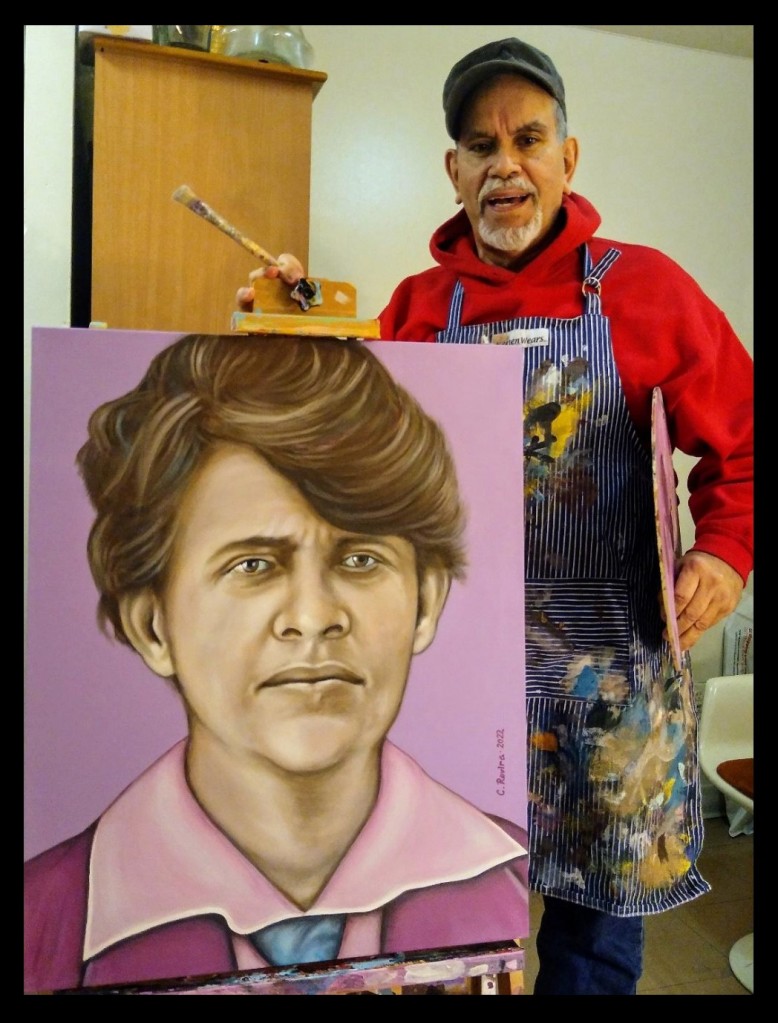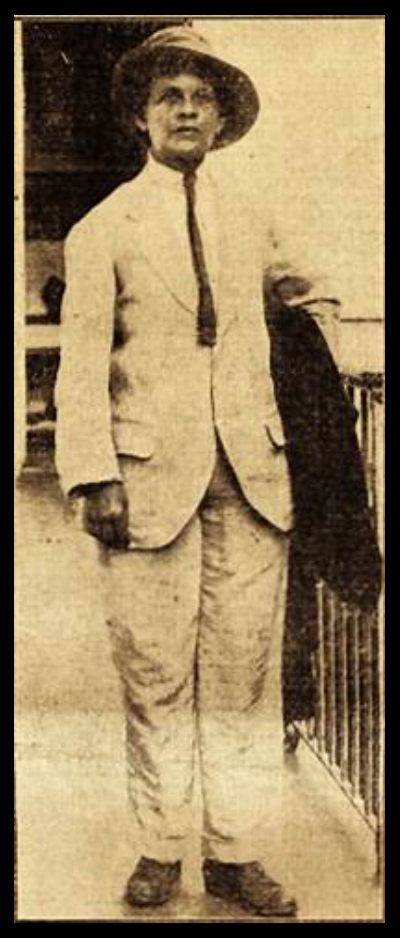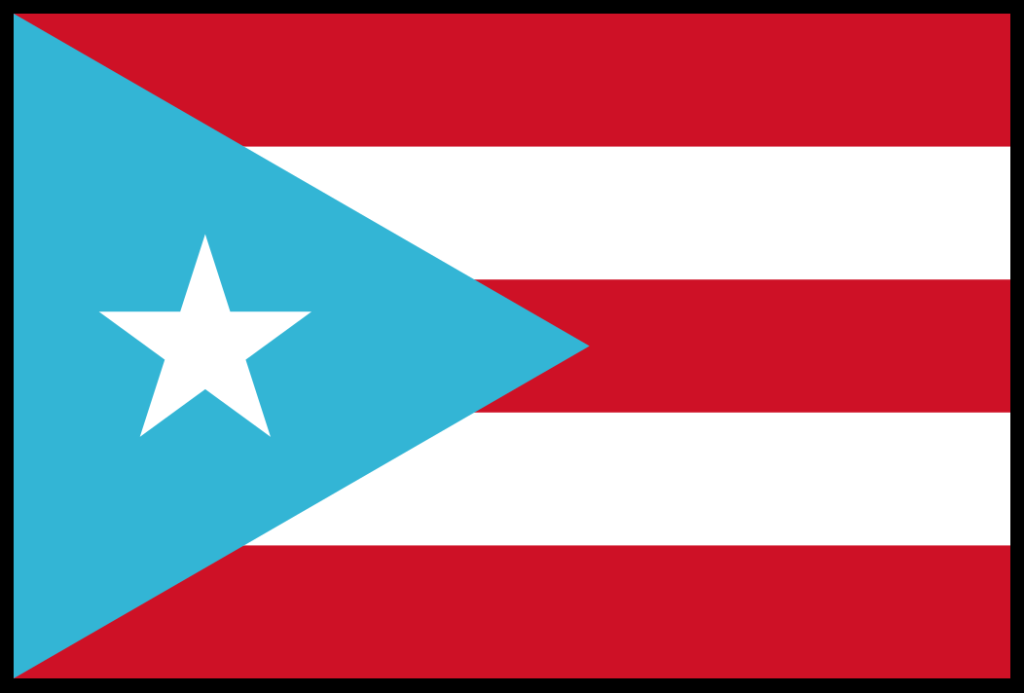Haga clic aqui para ver la versión en español
https://carlitoboricua.blog/?p=6127&preview=true&_thumbnail_id=6140
By Carlos “Carlito” Rovira
Born in Arecibo, Puerto Rico, Luisa Capetillo (October 28, 1879-October 10, 1922) was a warrior woman who made history in the struggle against women’s oppression. She was an advocate for Puerto Rico’s Independence who became one of the most famous labor leaders in the history of that colonized nation. She was also a writer, poet, a feminist, political activist, a socialist, and more specifically an anarchist.
There is so much to be told about Luisa Capetillo’s exceptional life and her numerous contributions to our history. At a young age, she became acquainted with Socialist literature which defined who she would be for the rest of her life.
Luisa Capetillo lived at a time in history when the world became engulfed in workers struggles. Labor strikes erupted everywhere as the fight for the eight-hour day, equal pay for women and the right to organize unions took centerstage in most countries.

The working class and poor peasants rose to the occasion in bitter struggles against the avaricious capitalist class. This historical current was accentuated with the 1917 Russian Socialist Revolution and the 1910-20 Mexican Agrarian Revolution.
In the colonial setting of Puerto Rico capitalist exploitation was no different, and so too was the instinct of Puerto Rican workers to rebel. Throughout Puerto Rico workers sought ways to resist the harsh conditions they faced being doubly exploited by foreign corporations under U.S. colonial domination.
Luisa Capetillo was a single mother who worked as a reader. Her job involved going to different cigar making factories to read out loud newspaper articles and short stories to tobacco workers as they sat performing their labor.

During the rise of the women’s suffrage struggle in Puerto Rico, Luisa was very active as an organizer. However, Luisa’s views differed sharply from others concerning the solution to stop the oppression of women. She believed that the fight for women’s emancipation was inseparable and intertwined with the class struggle.


Dimensions: 24″ X 30″, painted with acrylic paint on canvas
As a leader in the Federation of Tobaco Rollers (Federacion de Torcedores de Tabaco) and the Free Libertarian Federation of Puerto Rican Workers (Federacion Libre de Trabajadores de Puerto Rico), Luisa traveled throughout Puerto Rico challenging the inhumane conditions of workers – especially for women. As a labor organizer, Luisa fought for workers’ rights and equal pay for women in the Tobacco industry. She wrote many articles in union newspapers that were circulated throughout Puerto Rico.
Capetillo believed that her activities would usher in a better world. As a result of this conviction, she aspired to build an all-Caribbean labor organization. As part of this endeavor she travelled to New York, Tampa, Cuba, Dominican Republic and other locations.
Luisa Capetillo is perhaps most known for challenging backward traditions of gender and clothing. These absurd traditions were ingrained in Latin American culture by the Roman Catholic Church. Luisa preferred wearing men’s pants for comfort and as a statement of protest to women’s oppression.

In 1915, while walking the streets of Havana, Cuba, she was arrested for her choice of garment. Her defiance was widely felt when she ridiculed the logic of her arrest, by proving in court that no laws were broken because of her clothing preference. As a result, the case was dismissed and Capetillo was characterized by the press throughout the Caribbean as the “Puerto Rican Joan of Arc”.
Today, Luisa Capetillo is remembered for her literary contributions and courageousness as a labor organizer defending the rights of Puerto Rican women.
